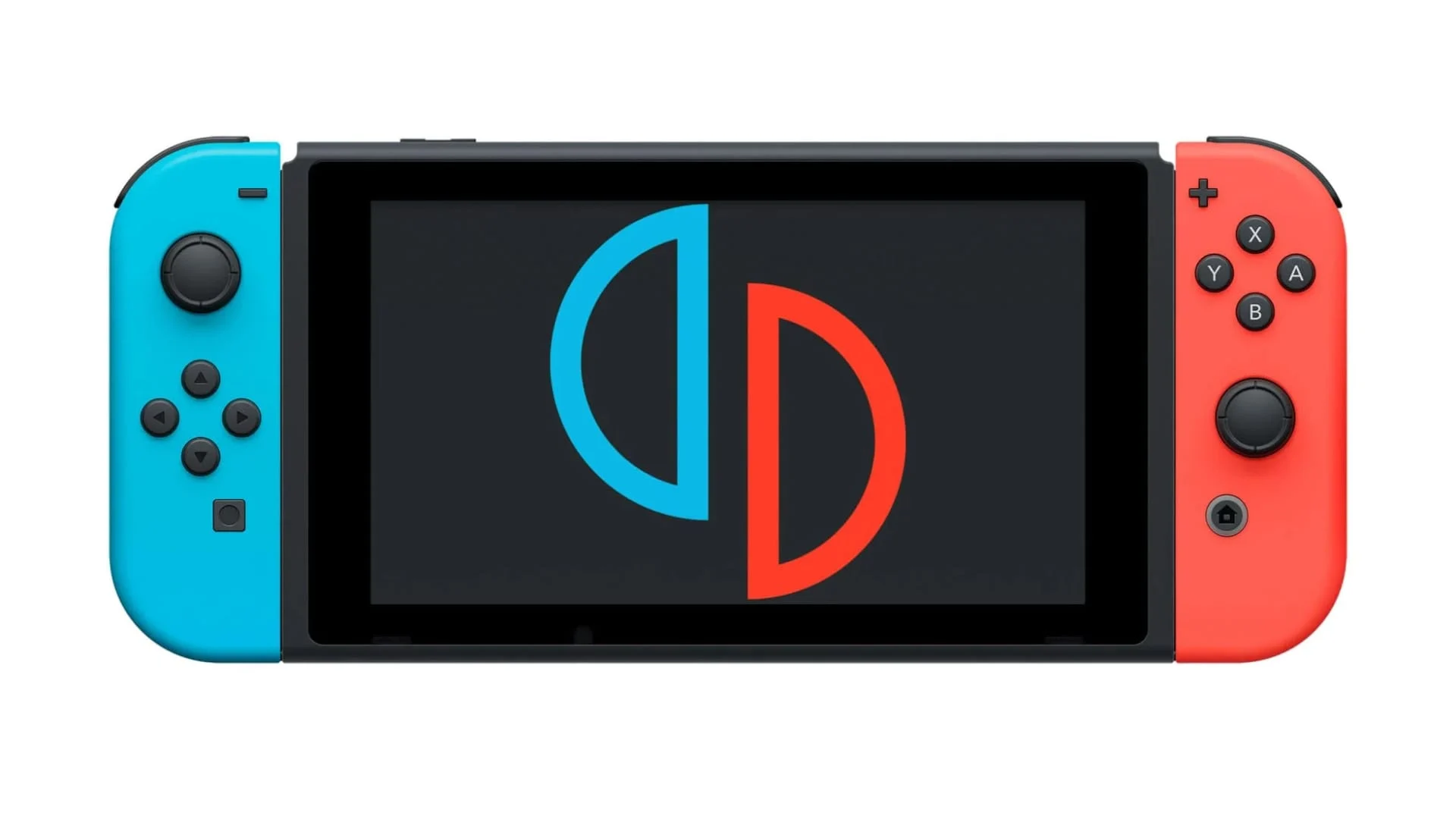In a significant development, Discord, the popular online communication platform, has taken decisive action against developers and communities involved in the creation and distribution of emulators for Nintendo Switch, such as Yuzu. This move aligns with Discord’s policies against activities that facilitate or endorse piracy, reflecting broader enforcement actions related to copyright and intellectual property laws.
Yuzu, a widely used Nintendo Switch emulator, recently faced severe repercussions as Discord deleted servers dedicated to its development and support. The action by Discord is part of a larger crackdown following legal challenges and settlements involving emulator developers and Nintendo. Nintendo has long contested that such emulators promote piracy by allowing unauthorized gameplay of its game titles, especially recent ones like “The Legend of Zelda: Tears of the Kingdom.”
The legal confrontation reached a peak when Tropic Haze, the entity behind Yuzu, agreed to a $2.4 million settlement with Nintendo, ceasing all development and support for the Yuzu and Citra (a Nintendo 3DS emulator) projects. This settlement also included the shutdown of their associated online platforms, including Discord servers and Patreon pages, where developers had been raising funds.
The actions taken by Discord and the legal outcomes reflect the growing scrutiny on emulator projects, particularly those that could potentially enable access to pirated games. This has broader implications for the emulator community, where developers argue their projects are often aimed at preservation and improving access to video games across different platforms, rather than promoting piracy. However, the legal standpoint, as upheld by recent actions, sides predominantly with copyright holders like Nintendo, who view these projects as direct threats to their intellectual property.
By removing servers associated with Yuzu, Discord has signaled its commitment to comply with legal norms and support intellectual property rights, distancing itself from any activities that might be interpreted as endorsing piracy. This could set a precedent for how similar platforms manage communities and projects that are in the legal gray areas of copyright law.
The situation highlights the complex interplay between software development for preservation and emulation and the stringent copyright laws protecting intellectual property in the digital age. As platforms like Discord continue to adjust their policies in response to these challenges, the landscape for emulator developers and communities is likely to evolve, potentially limiting the availability and development of such tools under the current legal frameworks.





























